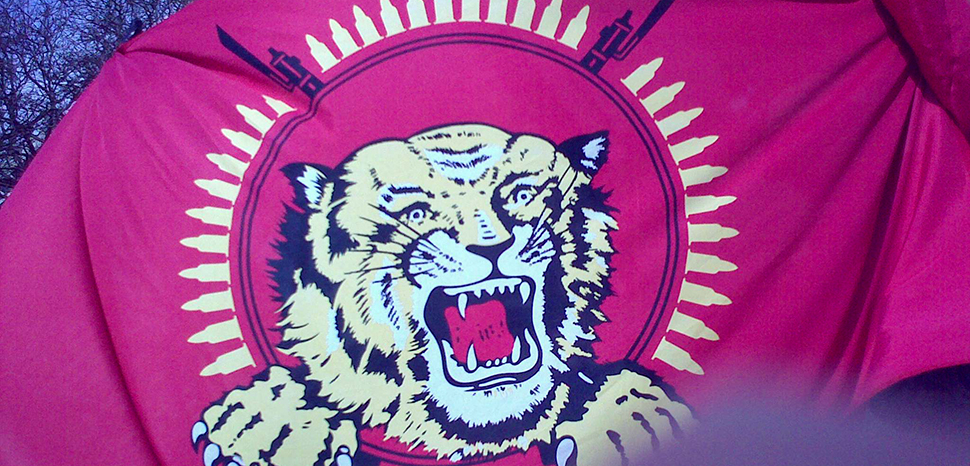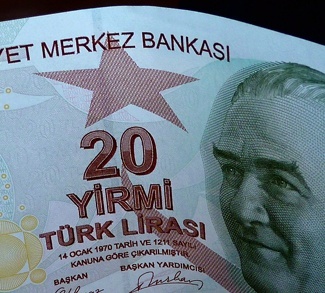As 2023 unfolds, Sri Lanka is wrestling with a series of political and economic crises, with growing fears of insecurity for the island. A narcotics and arms bust by India’s National Investigation Agency (NIA) in April identified a Pakistani criminal network associated with the Inter-Services Intelligence (ISI) and the terrorist outfit Lakshar-e-Taiba (LeT) as responsible for an uptick in shipments between India and Sri Lanka. Further investigative details on the case also indicated a desire by the criminal group to revive the Liberation Tigers of Tamil Eelam (LTTE), the prominent militant group that engaged in a decades-long civil war with the Sri Lankan government until its defeat in 2009.
In addition to the NIA’s bust, a sensational claim in February 2023 by a Tamil nationalist suggested that the LTTE’s founder and former leader, Velupillai Prabhakaran, long believed to be deceased, was still alive. Though still unproven, this claim and the NIA bust has renewed debate over a potential revival of the LTTE. Compounding these concerns is an economic recovery effort in Sri Lanka that continues to lag.
Historical context
The LTTE emerged in the context of deep-seated ethnic tensions between the majority Sinhalese and minority Tamils, becoming the most prominent group advocating for Tamil rights and, eventually, for a separate state known as Tamil Eelam. The Tamil Tigers distinguished themselves with a high degree of efficacy and sophistication in their attacks, proving their capability as a formidable non-state military force with naval and air power at its peak.




